Exact Answer: At least 6 months
An FHA loan, which stands for Federal Housing Administration loan, is essentially a mortgage that is issued by an FHA-approved lender, and insured by the Federal Housing Administration. These FHA-approved lenders can be FHA-approved banks and lending institutions that will decide whether the borrower is eligible for the loan.
These loans are better suited for the low-to-moderate income group, in order for them to own a property. In comparison with various conventional loans, FHA loans require a lower minimum down payment and credit scores as low as 500. It is compulsory for qualified borrowers to purchase mortgage insurance and premium payments are directed to FHA.
There are five types of FHA loans: Traditional mortgage, Home equity conversion mortgage, 203(k) mortgage program, Energy efficient mortgage program, and Section 245(a) loan.
A loan can be refinanced, meaning the borrower can receive a new loan from a different lender in order to pay off an already existing loan. Eventually, the new loan can be paid for, over time.
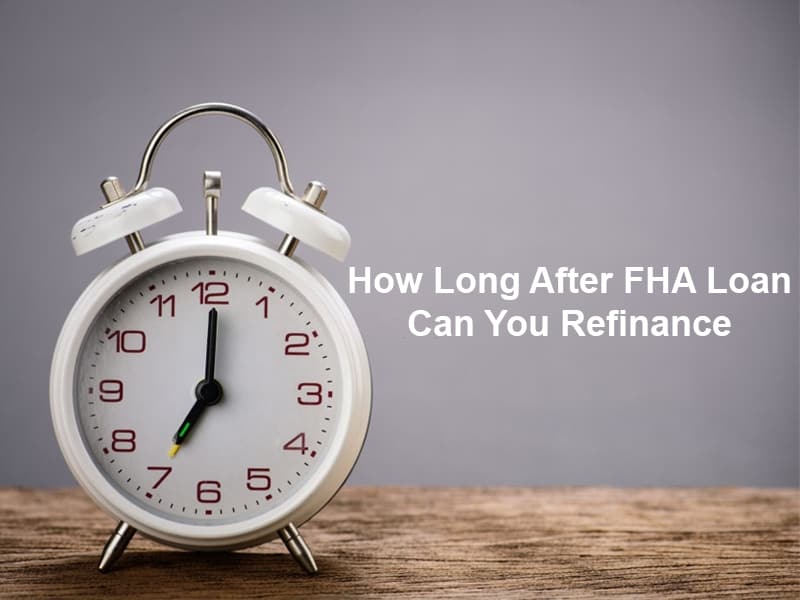
How Long After FHA Loan Can You Refinance?
| Type of refinance | Duration |
| FHA streamline refinance | 210 days |
| FHA cash-out refinance | 6 months – 1 year |
| FHA simple refinance | 6 months |
| FHA 203(k) refinance | 6 months |
Refinancing a loan can be extremely helpful as it enables the borrower to lower their monthly payments with a longer term, choose lower rates for interest, and acquire more equity in their property.
If the borrower chooses the FHA streamline refinance, then it’s mandatory that they must have had the loan for at least 210 days. In addition, the borrower is required to have paid the payments for the mortgage on time, for six months before the refinance. If the borrower opts for credit-qualifying refinance, they will be needing a credit score of 580. These are the only factors that exist in order to qualify for an FHA streamline refinance loan.
A borrower is only qualified for an FHA cash-out refinance if they have owned the property for at least a year, and made mortgage payments on time. For this type of refinancing, the borrower will need at least 20% equity and will have to go through extensive verification in order to be applicable. Cash-out refinancing enables the borrower to take out a loan that is greater than the existing one, thus paying off the original mortgage. The subtracted amount can be used by the borrower.

If the borrower is opting for the FHA simple refinance, they must be having either a principal home or a HUD-approved secondary residence. In this refinance, the borrower can swap their existing FHA loans for new ones with ether adjustable or fixed interest rates. Moreover, the borrower can only choose this refinance if they’ve made on-time payments for 6 months prior.
Like other FHA refinance programs, the FHA 203(k) refinance requires 6 months of on-time payments from the borrower, before applying for the refinance. This type of refinance is most considered by buyers with older homes that are awaiting repairs.
Why Does It Take That Long to Refinance After FHA Loan?
Refinancing is normally done to either reap the benefits of a lower rate of interest or receive a top-up for the existing mortgage. In addition, the borrower will be working with lower monthly payments and a shorter payment term. Financial institutions establish a six-month rule for refinancing because this duration gives them the guarantee that the borrower will not back out of the loan in between, providing security for the lender.

If the borrower does back out before six months are over, then the lending institutions will be at loss. If each and every borrower opts for refinancing right after receiving the loan, then this deficit will be amplified for the banks and other lending institutions.
Conclusion
It is important to note that an FHA loan is merely insured by the Federal Housing Administration, not issued by it. Most FHA-approved lenders will require at least a six-month seasoning period before the borrower is allowed to refinance. Refinancing can have several benefits for the borrower including lower interest rates and decreased monthly payments.

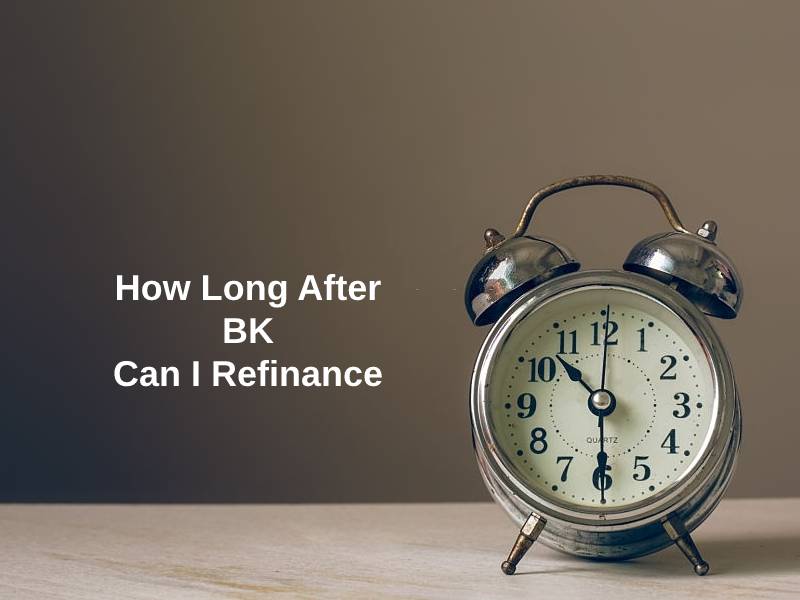
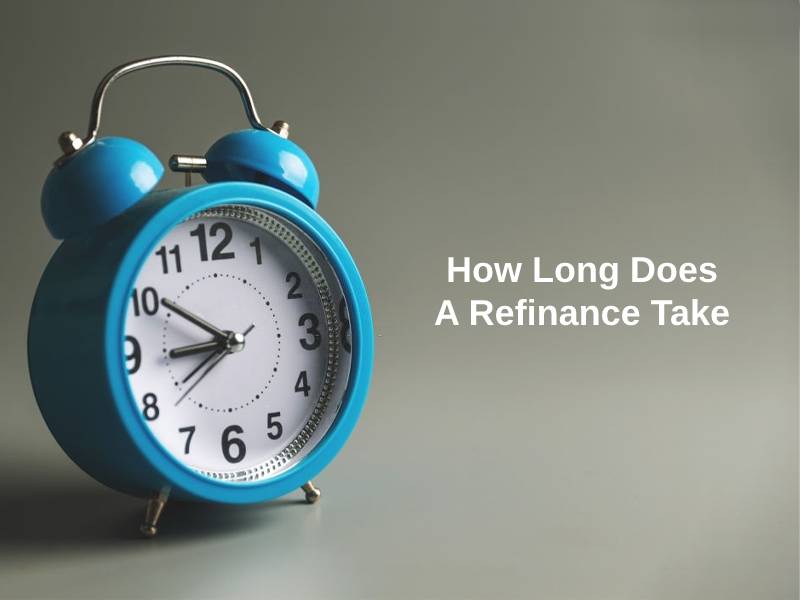
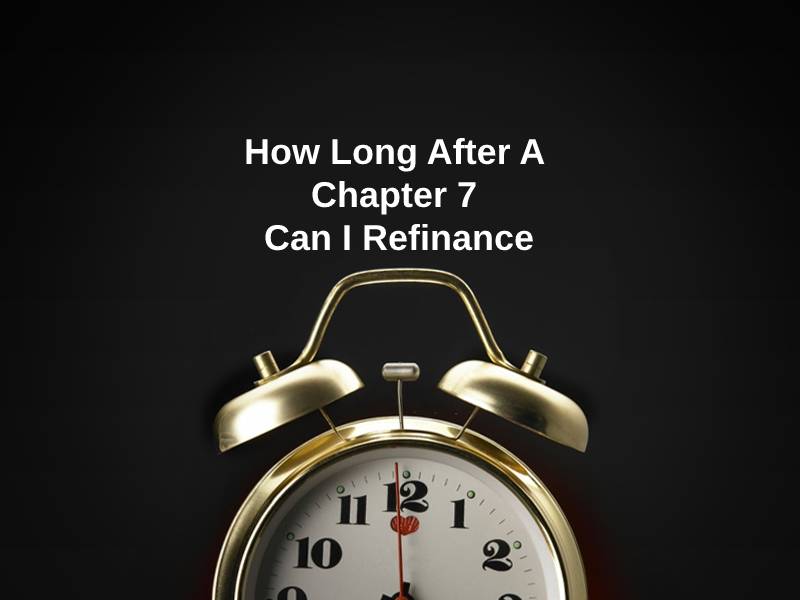
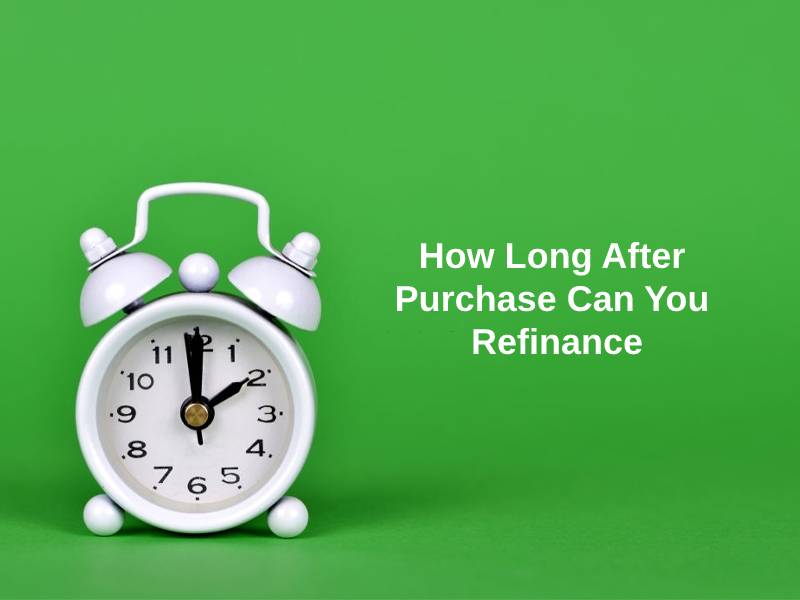
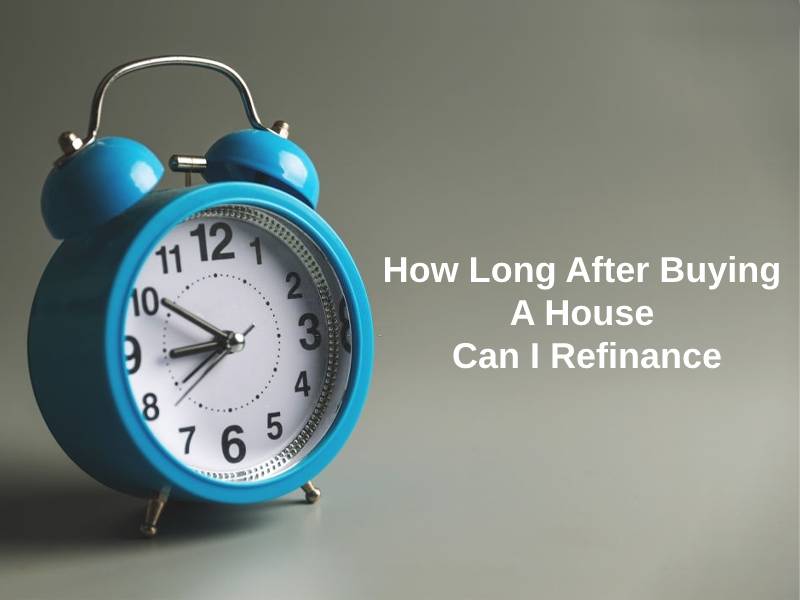
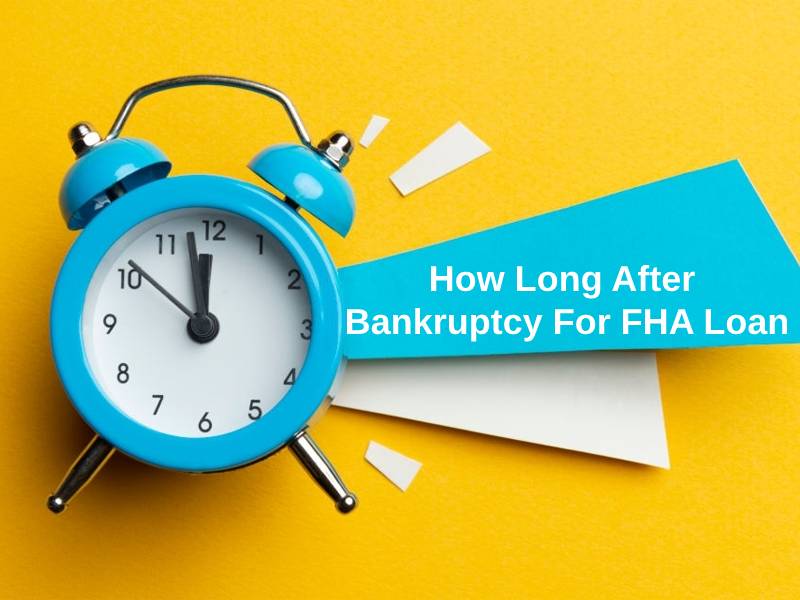

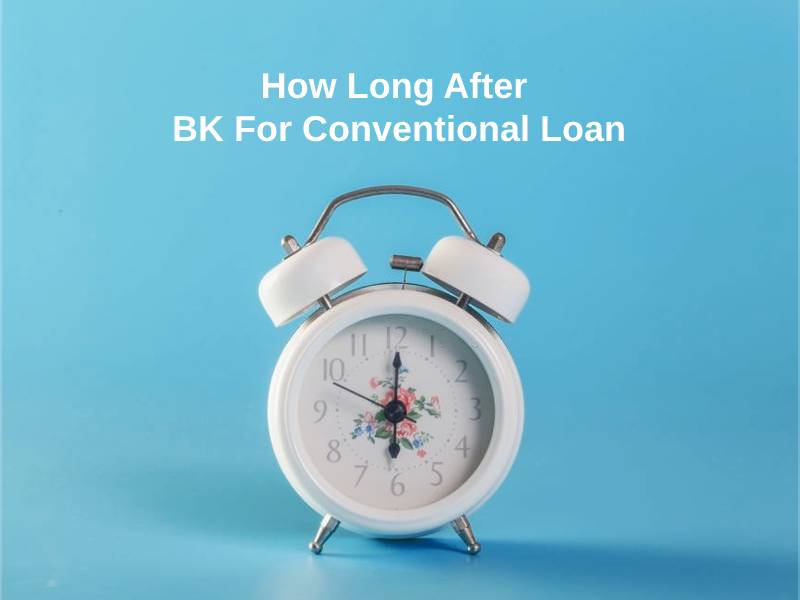
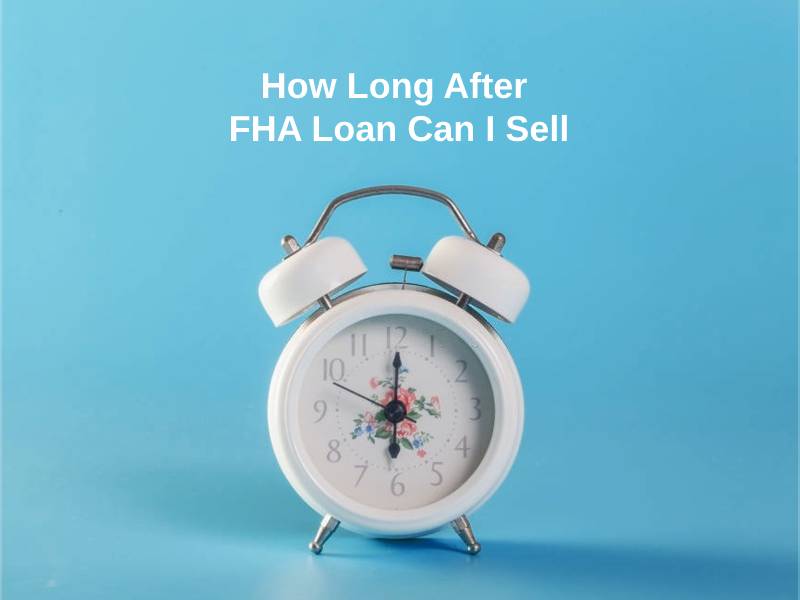
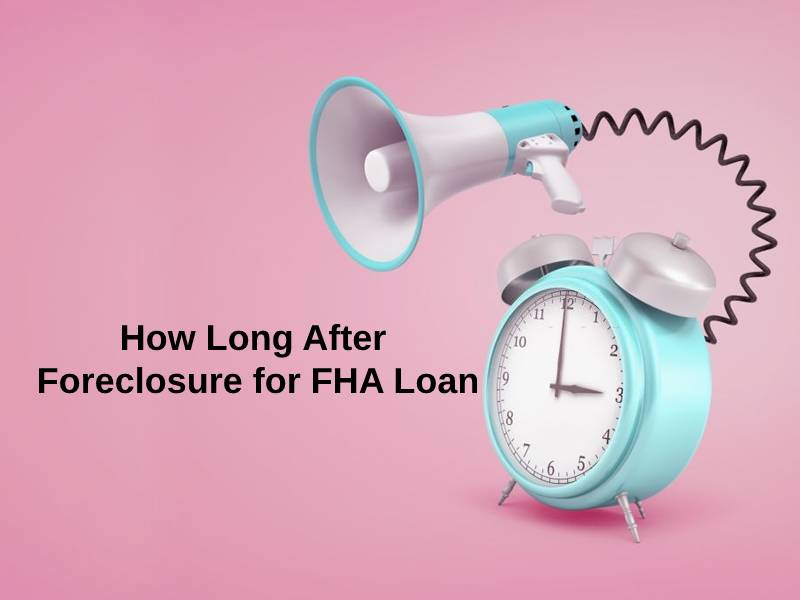
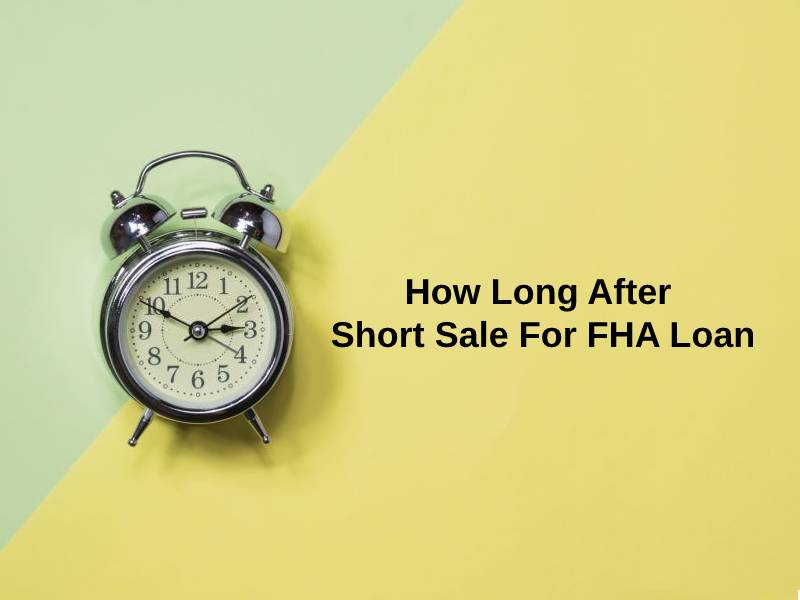
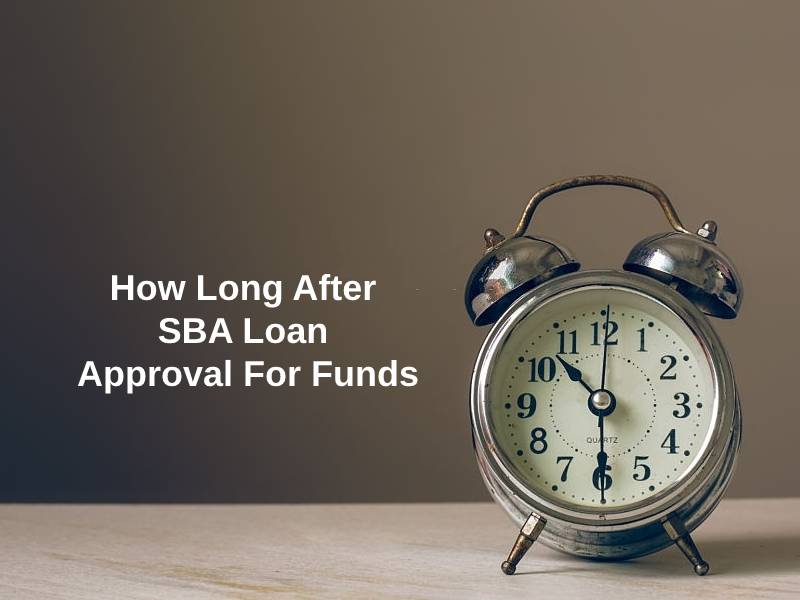

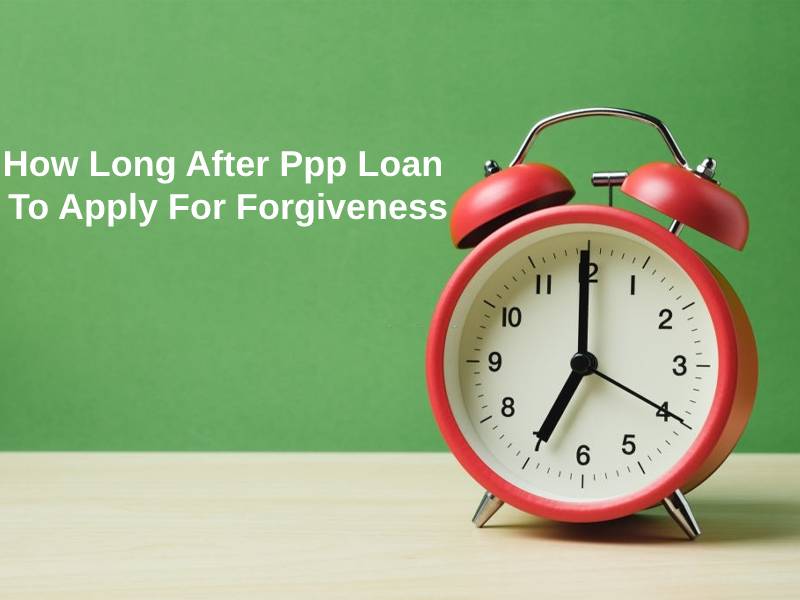
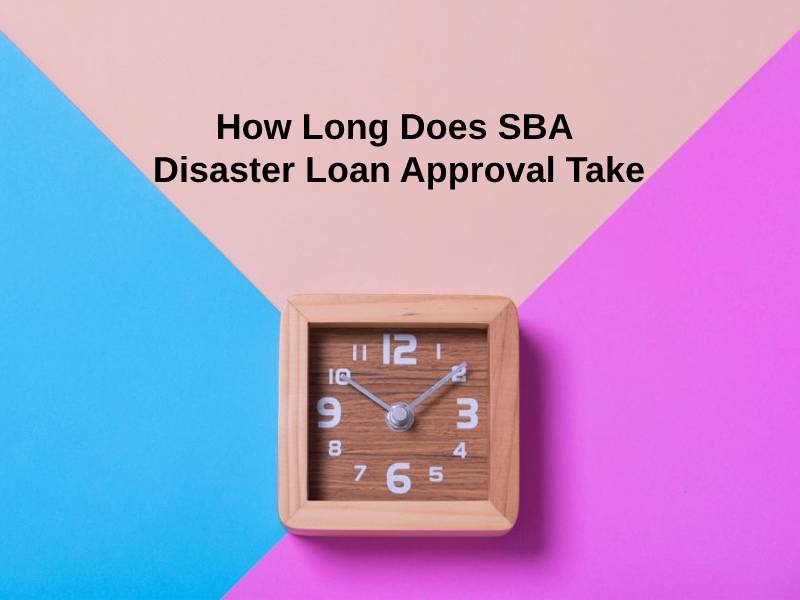
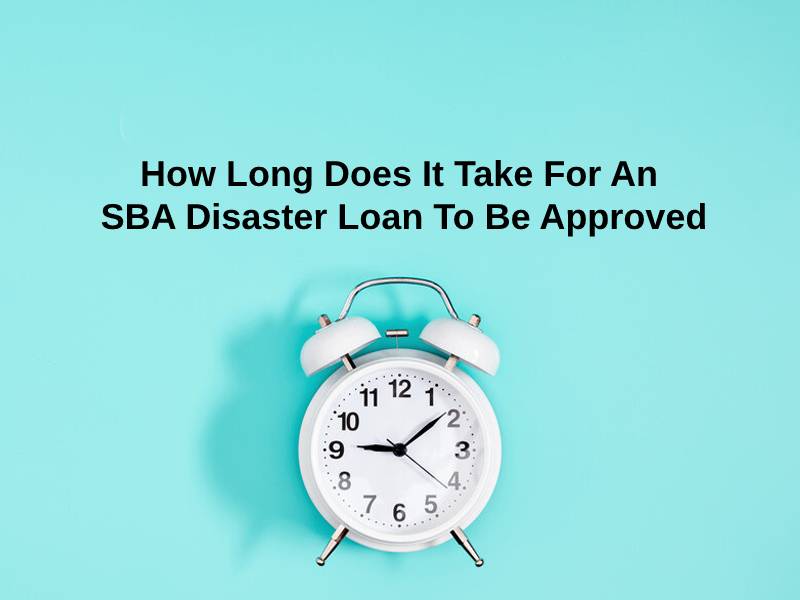

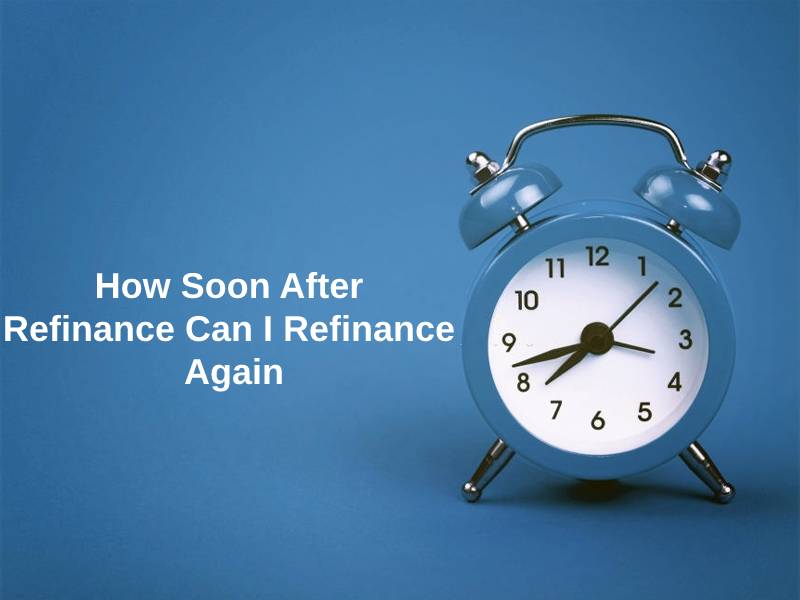

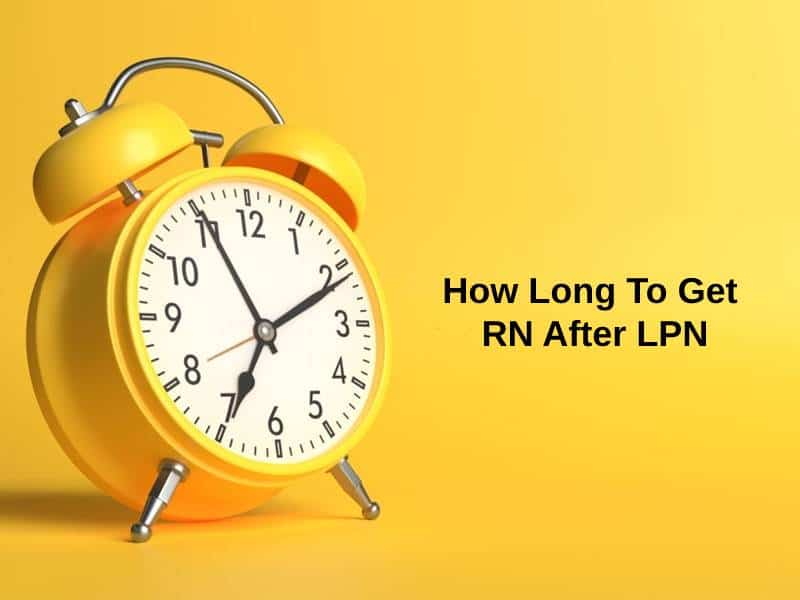
I don’t understand why one is required to have owned the property for a year before applying for an FHA cash-out refinance. It seems like a long time to wait.
The 6-month rule might seem long, but it’s a necessary precaution that benefits both borrowers and lending institutions.
I wish the post delved deeper into the exact process of FHA refinance. It feels like there’s a lot of detailed information that was left out.
The six-month rule for FHA loans refinance seems to be at odds with the quick pace of modern life. I wonder if it is necessary for it to be so long.
I find the tone of this article a little condescending, as if the readers should already know all about the FHA. It somewhat alienates those new to the topic.
The post navigates a lot of technical jargon, but the conclusion about the 6-month rule provides a sense of clarity at the end.
The six month seasoning period is crucial for the security of the lending institutions, it makes perfect sense.
I enjoyed how the specifics of FHA loans and refinancing were outlined in a clear and concise manner.
The post was very well-written and informative! I appreciate the reasoning behind the 6-month rule for refinancing.
An FHA loan refinance is a tricky business, there are so many factors to consider before diving in! Thanks for shedding light on this.